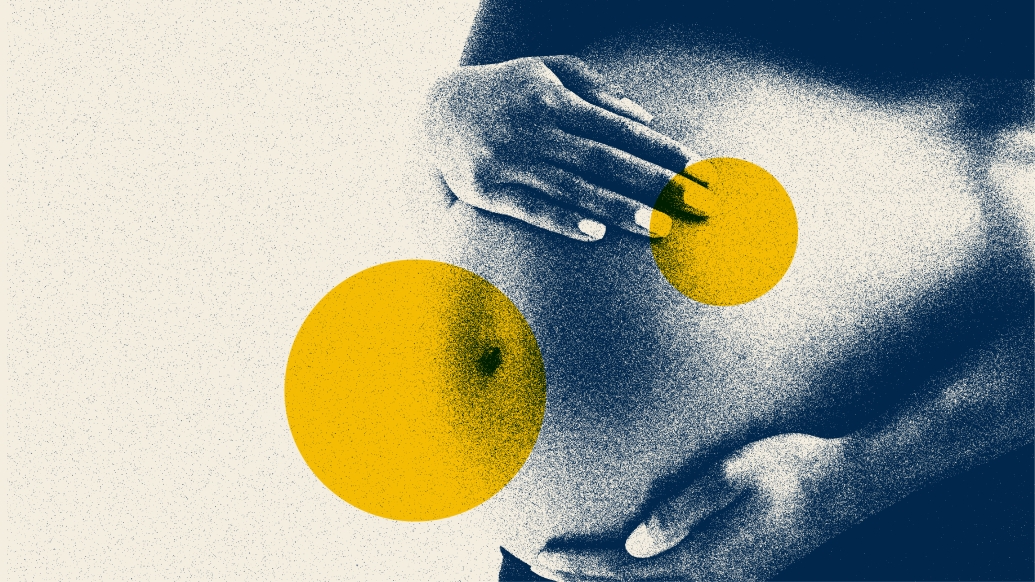Pregnant and postpartum people who died by suicide were more likely to experience intimate partner problems, depressed mood, substance use issues, physical health problems and recent bereavement
5:00 AM

This article was written by Anna Courant, M.S.N.
Suicide is a leading cause of death during pregnancy and in the months after delivery in the United States, and many of these deaths could be preventable.
A mixed-methods study published in JAMA Network Open looks at the circumstances associated with perinatal suicide as well as how these circumstances vary across the perinatal period, using the Centers for Disease Control and Prevention National Violent Death Reporting System data.
The authors, all from the University of Michigan, found that mental health conditions, substance use, and intimate partner problems represent important precipitating circumstances for perinatal suicide.
The study looked at data from more than 1,100 women who died while pregnant or within a year after giving birth, and whose deaths were either listed as suicides or as happening from undetermined causes.
The researchers compared data these individuals with data from more than 17,600 women of the same age who had not been pregnant in the last year.
SEE ALSO: Rapid rise seen in mental health diagnosis and care during and after pregnancy
“We should do everything we can to prevent these suicides. We owe it to these women and their families,” said lead author Kara Zivin, Ph.D., who is the Marcia A. Valenstein, M.D. Collegiate Professor of Psychiatry and a professor of obstetrics and gynecology at the U-M Medical School.
“Our study highlights the need for policies and practices targeting mental health, substance use, and intimate partner problems as part of a strategic approach to reducing perinatal suicide risk.”
Zivin co-authored this study with Briana Mezuk, Ph.D., a professor of epidemiology and director of the Center for Social Epidemiology and Population Health at the U-M School of Public Health.
Together, they serve as principal investigators of the Aging, Transitions over the Lifespan, and Suicide (ATLAS) Study funded by the National Institute of Mental Health, which explores how major life transitions, including pregnancy, impact suicide risk.
“This work suggests that pregnancy is a period of transition in people’s lives when preexisting factors that contribute to suicide risk can come together in various ways, in addition to social, psychological, and biological risk factors that are part of the perinatal period itself,” said Mezuk.
Paper cited: "Suicide mortality during the perinatal period," JAMA Network Open, 2024, DOI: 10.1001/jamanetworkopen.2024.1887
Sign up for Health Lab newsletters today. Get medical tips from top experts and learn about new scientific discoveries every week by subscribing to Health Lab’s two newsletters, Health & Wellness and Research & Innovation.
Sign up for the Health Lab Podcast: Add us on Spotify, Apple Podcasts or wherever you get you listen to your favorite shows.

Explore a variety of health care news & stories by visiting the Health Lab home page for more articles.

Department of Communication at Michigan Medicine

Professor

Want top health & research news weekly? Sign up for Health Lab’s newsletters today!





